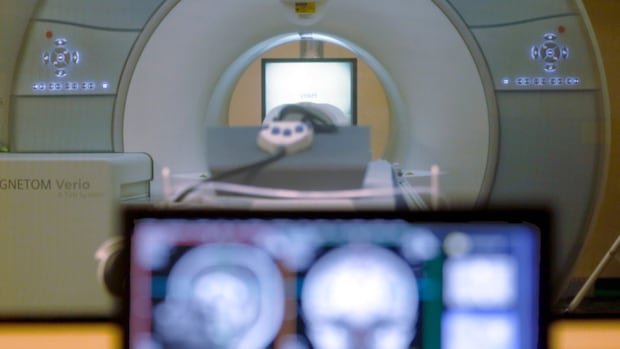An innovative gene therapy is demonstrating potential in slowing the debilitating advancement of Huntington’s disease, as per a European biotech company that created the novel treatment. Huntington’s disease is a hereditary nerve-degenerating condition that impairs movement, memory, and personality, typically proving fatal within 10 to 20 years of diagnosis. Researchers are enthusiastic about the outcomes of a small preliminary clinical trial by a company targeting the genetic flaw responsible for the disease.
Ed Wild, the principal investigator at the Huntington’s disease center at University College London involved in the trial, expressed immense optimism about the findings, deeming it the most positive news for the Huntington’s community to date. UniQure, a Netherlands-based company, revealed initial results from an experimental gene therapy during brain surgery, indicating a 75% slowdown in disease progression over three years for patients receiving the highest dosage. Although the trial involved around 30 participants and did not provide a cure, it is a promising advancement for a condition lacking significant breakthroughs since the identification of the faulty gene in 1993.
The potential to slow disease progression, while not a cure, holds promise in enhancing patients’ quality of life by prolonging their ability to work, function independently, and maintain their autonomy. However, uncertainties remain regarding the eligibility of individuals for the treatment, especially those in different stages of Huntington’s disease. The complete dataset has not undergone public scrutiny or peer review, processes crucial for identifying experimental flaws and determining optimal dosages and timing.
While the company’s press release touts a statistically significant deceleration in disease progression, the lack of publicly available data makes it challenging for experts to fully comprehend the impact of the announcement. Although some remain cautiously optimistic, acknowledging the trial’s limitations such as a small sample size and short-term data availability, others view it as a hopeful development in clinical research. The treatment, delivered via brain surgery and real-time MRI scanning, targets the mutant Huntingtin gene using a modified virus to administer the AMT-130 gene therapy.
The therapy aims to reduce levels of the mutant huntingtin protein that disrupts normal brain neuron function. Previous gene therapies have cost around $2 million for a single dose. The company plans to meet with the U.S. Food and Drug Administration this year to present the data before seeking marketing approval in 2026.


